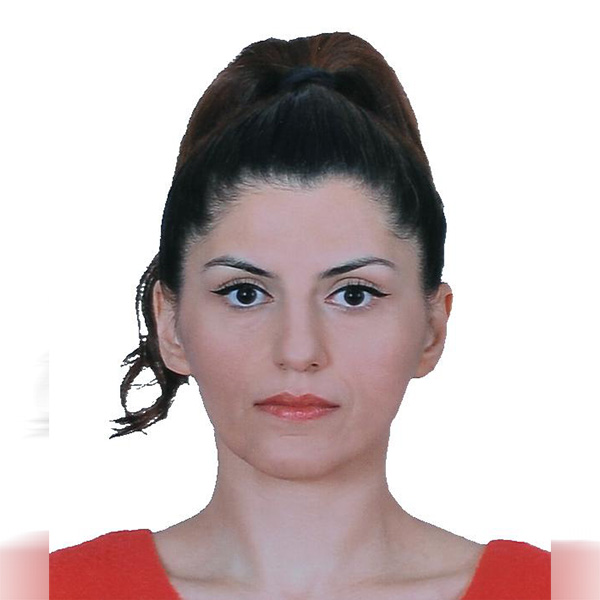Investigation of the Parameters Affecting the Performance of Reversible Solid Oxide Cells
Abstract
Solutions to the economic and climatic constraints of renewable energy sources such as wind and solar can be produced using reversible solid oxide cell technologies. Reversible Solid Oxide Cells (RSOCs) are systems that can produce both energy and fuel. By integrating RSOCs into renewable energy systems, energy storage can be achieved. Storing energy produced during low-demand periods and producing and storing fuel during high-demand periods provides flexibility to renewable energy sources. RSOC operates in two modes: fuel cell and electrolyzer. In the fuel cell mode, fuels such as hydrogen, natural gas, biofuels, or synthesis gas enter the system from the fuel electrode, while oxygen enters from the oxygen electrode, releasing water and electrical energy. In the electrolyzer mode, electricity and water enter the system from the fuel electrode, releasing hydrogen and oxygen. A model for RSOC has been developed to determine the performance of a YSZ electrolyte-supported planar reversible solid oxide cell under different operating conditions. Electrochemical modeling of a cell with an active area of 16 cm2 was performed using computer software. The electrolyte of the cell consists of YSZ (Yitria Stabilized Zirconia), the fuel electrode consists of porous Ni-YSZ (Nickel), and the oxygen electrode consists of porous LSM-YSZ (Lanthanum Strantium Manganet). Reversible solid oxide cells typically operate at temperatures between 500°C and 1000°C. In this study, the relationship between the performance of RSOC and pressure and temperature was examined. The effects of polarizations occurring in the three-phase region on the cell performance of SOFC have been investigated, and a parametric analysis has been conducted. It was observed that increasing pressure and temperature improved cell performance in RSOC systems.
Biography
She was born on September 29, 1990, in Kayseri. She graduated from the Department of Mechanical Engineering at Istanbul Aydın University in 2013. In 2015, she graduated from the Department of Mechanical Engineering at Nigde University with a Master’s degree. In 2018, she started Phd in the Department of Mechanical Engineering at Yıldız Technical University, and she continues education.
